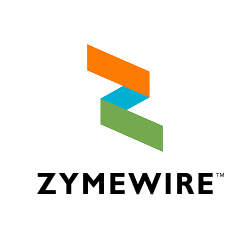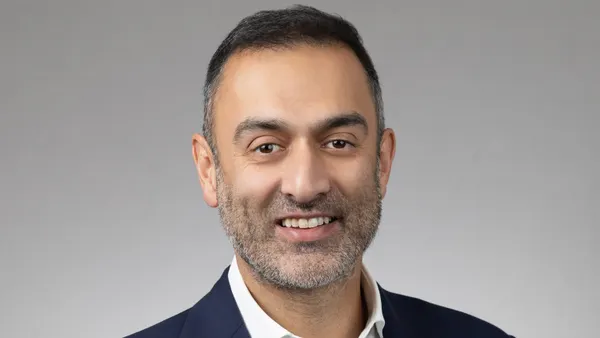Dive Brief:
- Takeda's dengue vaccine met its primary goal in the first part of a Phase 3 study testing the treatment's ability to prevent the mosquito-borne tropical disease in children and adolescents living in dengue-endemic areas in Latin America and Asia.
- The trial involved 20,000 healthy children aged four to 16 who were given the vaccine or placebo and evaluated 15 months after first dose. The second part will consist of follow-up measures after an additional six months, while a third part will conduct a longer-term evaluation for three additional years.
- No significant safety concerns were observed, the pharma said, and further results will be published later this year, along with outcomes from other trials of the vaccine. Data from the first two parts of the study will form the basis of a submission for regulatory approval.
Dive Insight:
Vaccines aren't one of Takeda's core areas of focus, but the company has a pipeline of five clinical candidates spanning Phase 1 through to Phase 3 study.
The company's work focuses on vaccines important to public health in the developing world, targeting dengue, polio and Zika as well gastrointestinal viruses.
Takeda's inactivated polio vaccine is in Phase 2 testing and is supported by a $38 million grant from the Bill & Melinda Gates Foundation. Its Zika vaccine, TAK-426, is backed by up to $312 million in funding from the U.S. government through the Biomedical Advanced Research and Development Authority.
In some Latin American and Asian countries including Brazil, the Philippines and Thailand, dengue fever is endemic and a leading cause of illness and death in children. There are few options for prevention.
If successful in dengue, Takeda would follow in the path charted by Sanofi's Dengvaxia, which has secured approval on markets across the globe.
The Japanese pharma likely hopes to avoid, however, the safety concerns that have accompanied Dengvaxia's roll-out, after data showed individuals who had never been infected by dengue may develop a severe form of the disease if exposed after vaccination.
In late 2017, Sanofi asked global regulators to restrict the use of Dengvaxia to only those people who have already been infected before with the mosquito-borne virus.
Those vaccinated after exposure, a group which makes up a large proportion of the population in countries where the disease is endemic, showed a persistent protective benefit, Sanofi said.












